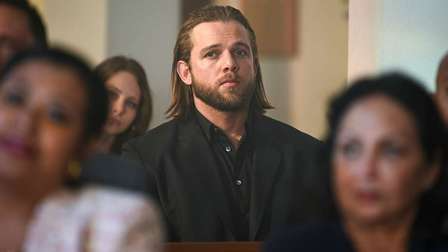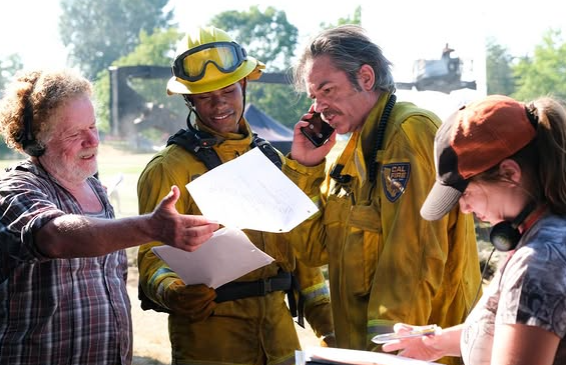
A Fictional Blaze with Real-World Echoes
While Fire Country is first and foremost a drama series, its foundation rests on a startling reality: California—and much of the American West—is burning more than ever before. As wildfires grow more intense, the show doesn’t shy away from showing their devastating effects on communities, ecosystems, and mental health. In fact, Fire Country does something few fictional shows attempt: it brings the climate crisis home.
Climate Change is Not Background Noise—It’s the Main Character
Unlike many action series that use natural disasters merely as plot devices, Fire Country uses wildfire as both metaphor and warning. It shows how drought, changing weather patterns, and human carelessness have turned small sparks into unstoppable infernos. By grounding the show’s tension in scientific reality, the series forces viewers to confront the effects of climate change without needing a lecture.
The Cost of Fire: Environmental and Emotional Devastation

Every episode is a testament to what’s at stake. Forests turn to ash, homes vanish in smoke, and families are displaced. Through immersive visuals and grounded character storytelling, the show illustrates the true cost of these fires—not just in terms of land and property, but lives, legacies, and futures.
Characters like Sharon Leone face direct health consequences from prolonged smoke exposure, while others, like Jake and Eve, show how the stress of constantly battling nature can fray even the strongest psyches. It’s not just about survival—it’s about what kind of life is left after the fire has passed.
Firefighting is Not Enough—We Need Policy
By dramatizing the incredible work of Cal Fire, the show simultaneously uplifts these heroes and raises a difficult question: Should we rely on brave individuals to clean up a systemic disaster? The answer, it suggests, is no. Without policy shifts—better forest management, stricter zoning laws, and sustainable development—firefighters will always be one step behind the blaze.
Inmates and the Irony of Environmental Labor
Fire Country further layers the conversation by showcasing how incarcerated individuals are used as cheap labor to fight these massive fires. It’s a controversial reality in California, and the show doesn’t ignore the ethical complexity: these men are risking their lives for a cause born out of systemic failure, with limited protections and rights. It’s a critique of both the environmental and carceral systems that intersect under the smoke-filled sky.
A Call to Wake Up, Not Just Tune In
Through its gripping episodes and emotional arcs, Fire Country quietly makes a political statement: climate change is here, it’s personal, and it’s getting worse. And while the show might wrap up each episode with some sense of closure, it also leaves the audience with the uneasy feeling that real life doesn’t offer such neat conclusions.
